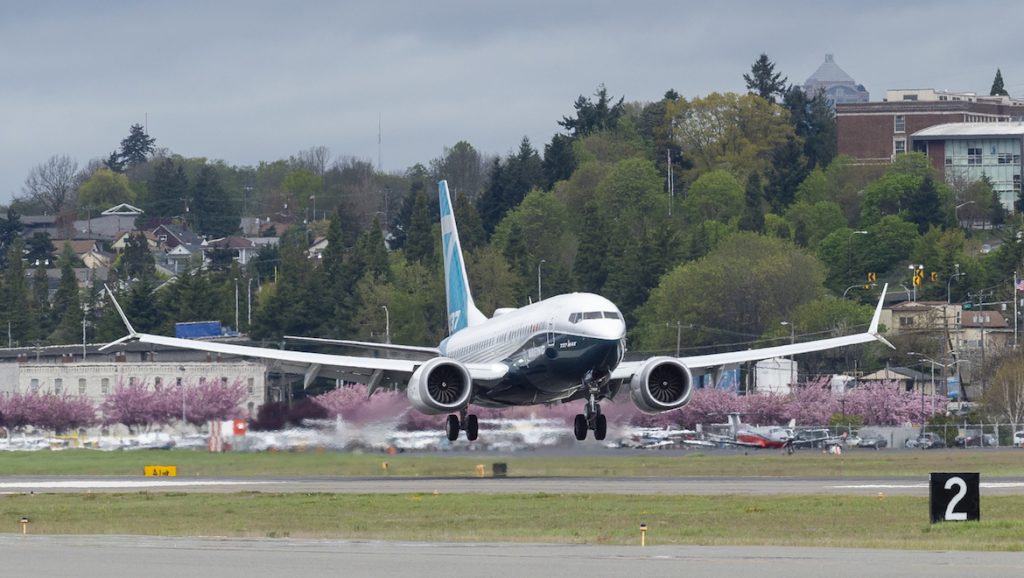
The European Union Aviation Safety Agency (EASA) has said it has no firm date for the reinstatement of Boeing’s grounded 737 MAX in Europe, despite signs that the international grounding order on the jet could be lifted before the year is out.
Earlier this week, the US Federal Aviation Administration (FAA) released an airworthiness directive that proposed four key design changes to the besieged 737 MAX.
The proposal aims to address the issues raised by the aircraft’s maneuvering characteristics augmentation system (MCAS), which appeared to be at the heart of two fatal 737 MAX crashes throughout 2018 and 2019.
The EASA declined to comment specifically on the FAA document or the proposed changes, though noted that it would be conducting its own test flights before any commercial ban would be lifted in Europe.
“We are still working to conduct our test flights, scheduling of which has been hampered by the travel restrictions due to COVID-19,” an EASA spokeswoman said.
“The test flights are a prerequisite for EASA to approve the return to service of the 737 MAX in Europe.”
The agency said that while “good progress” had been made in the journey towards reinstating the aircraft, there is “still some work which Boeing needs to complete” before the plane can be given the green light in the EU.
“In the light of this position, and in common with the FAA, we cannot yet predict a firm schedule for the return to service and the ungrounding of the aircraft in Europe,” it said.
The EASA is not the only hurdle that the troubled plane needs to jump before it can be returned to widespread service.
There is currently a 45-day period of public consultation underway on the FAA’s proposed changes, as well as Canadian recertification processes to be undertaken.
The FAA will also be working with the Joint Operations Evaluation Board and its own Flight Standardization Board to produce more detailed information on appropriate pilot training for the revised 737 MAX, to be released prior to its return to the skies.




